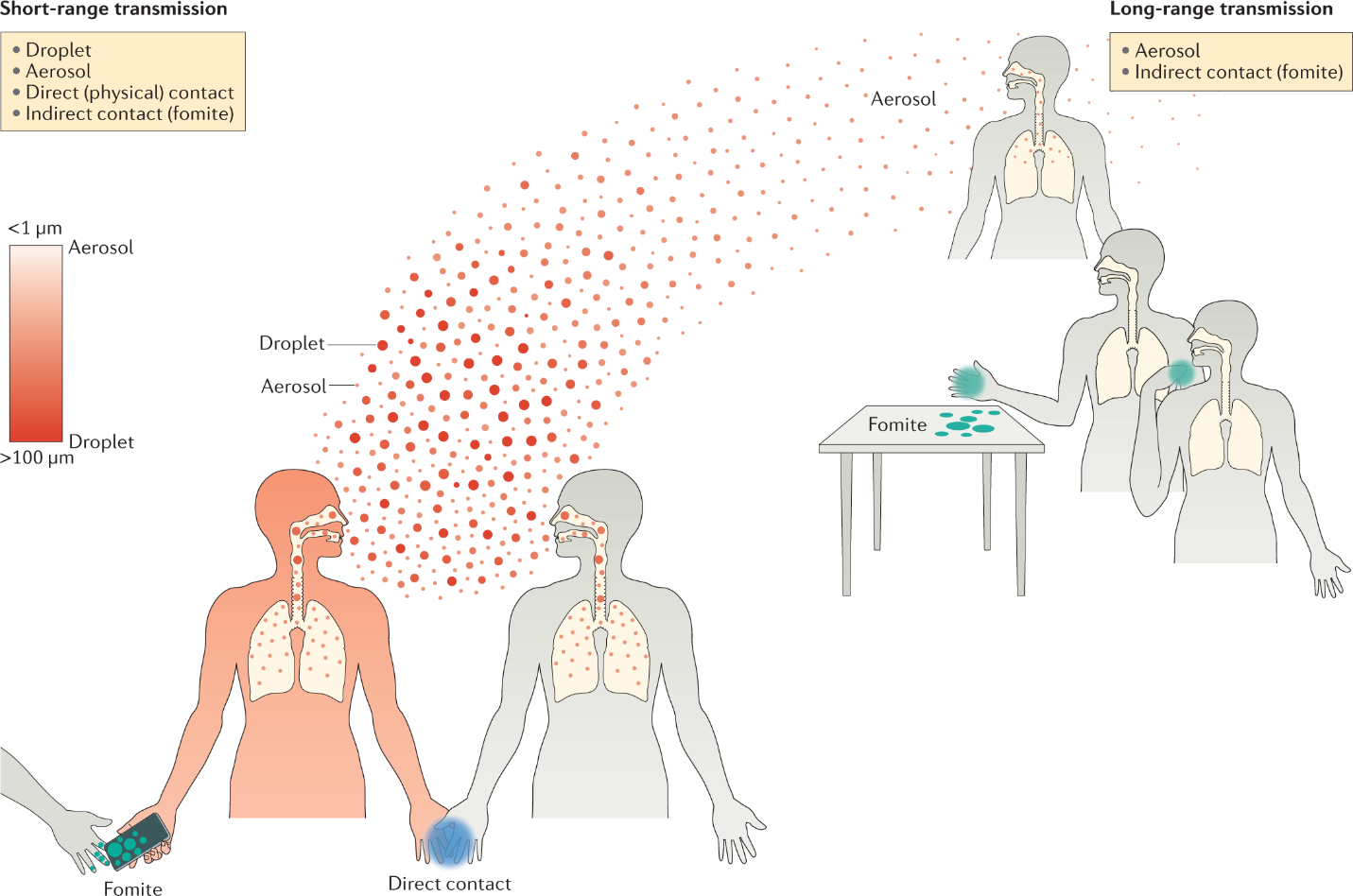A Columbia University study revealed molecular insights into respiratory viruses

A groundbreaking longitudinal study by Columbia University researchers provides a molecular-level understanding of how the human body responds to respiratory viruses, including COVID-19 and influenza, in symptomatic, asymptomatic, and mild cases. The study introduces a gene expression profile that can potentially differentiate between symptomatic and asymptomatic illnesses, as well as distinguish positive asymptomatic individuals from negative ones.
Conducted over 19 months as part of the Virome of Manhattan study, the research involved 214 volunteers who provided nasal swab samples for molecular testing (RNA-seq and qPCR). The results, detailed in a new peer-reviewed article in PLOS Biology, shed light on the complex interactions between common respiratory viruses, their impact on the human body, and interactions with respiratory bacteria.
The majority of infections were attributed to rhinoviruses and coronaviruses, with only 8 percent of positive samples showing evidence of multiple viral coinfections. Notably, influenza triggered more pronounced changes in gene expression compared to other viruses like coronaviruses and rhinoviruses. The findings also hinted at a potential correlation between repeated pathogen exposure and host responses.
Study co-first author Marta Galanti emphasised the significance of understanding host-pathogen interactions in respiratory infections, given the recurring outbreaks of influenza and coronaviruses. Identifying the biological pathways of virus interactions is crucial for developing therapeutic tools like antivirals and vaccines, as well as pinpointing individuals at risk for seasonal viruses and emerging pandemic threats.
Study co-senior author Jeffrey Shaman highlighted the need for a comprehensive understanding of host-pathogen interactions to address respiratory infections effectively. An earlier study from the same cohort revealed that reinfections with endemic coronaviruses are not uncommon, suggesting genetic factors play a pivotal role in determining infection severity rather than the timing of reinfection.






